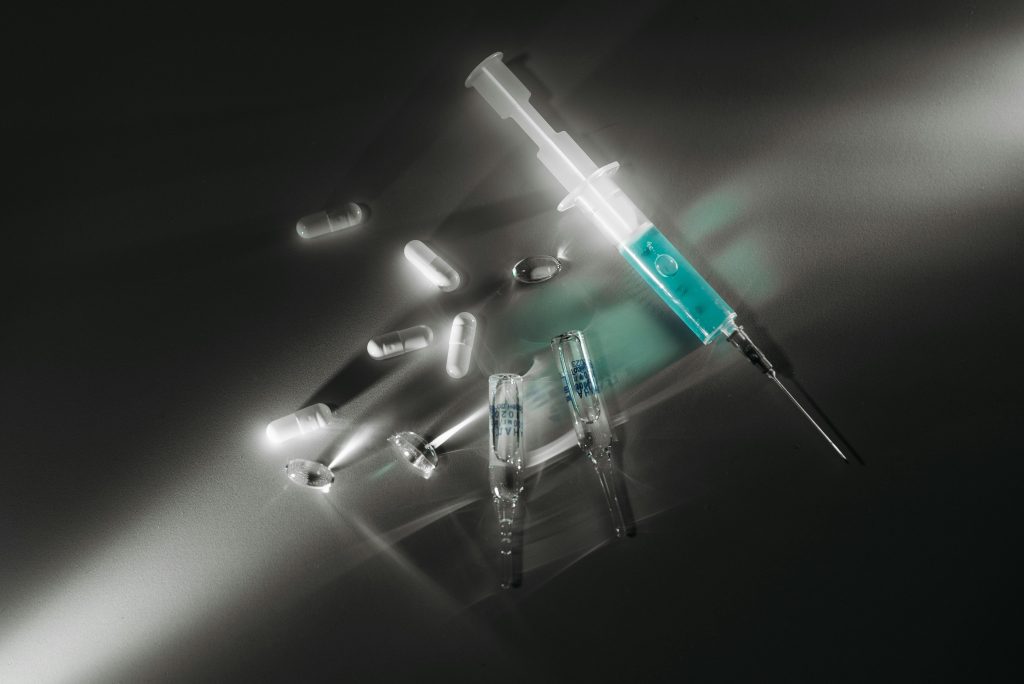In the pharmaceutical industry, cleanliness is essential for safety and quality control purposes. Clean-in-place systems, or CIP, have emerged as tools for upholding these standards. Their contribution to improving efficiency and preserving product quality is significant. This article explores the importance of CIP systems in sectors.
Maintaining a High Standard of Quality
Pharmaceutical products must meet stringent quality standards, which are maintained through the use of clean-in-place solutions specifically designed to uphold consistency in production processes and prevent cross-contamination between batches of drugs within the facility.
Furthermore, automated CIP systems streamline cleaning procedures and minimize mistakes. By following cleaning protocols, every equipment component is subjected to the same thorough cleaning procedure during each cycle. This promotes safer production practices, a requirement for pharmaceutical companies that must comply with stringent regulatory standards.
Minimizing Operational Delays
Downtime during manufacturing operations can lead to losses, which is why CIP systems are crucial in preventing such disruptions. Conventional cleaning approaches usually involve dismantling equipment, resulting in prolonged periods of inactivity. With CIP systems, equipment can be cleaned without disassembly. This efficient method reduces downtime, enabling the resumption of production activities.
Moreover, CIP systems are crafted to enhance efficiency by using proportions of cleansing agents and water to streamline cleaning cycles. This results in not only quicker but efficient cleaning procedures. Minimized downtime leads to enhanced productivity, an essential element in the fiercely competitive pharmaceutical industry.
Ensuring Increased Safety
Ensuring safety is crucial in pharmaceutical production processes. The utilization of CIP systems plays a role in upholding work settings. These systems streamline cleaning activities through automation which lessens the reliance on labor. This effectively lowers the chances of accidents linked to handling cleaning agents.
In addition, CIP systems play a role in preserving the integrity of equipment. Regular and comprehensive cleaning helps prevent the accumulation of residues that could cause equipment failures. Maintained equipment lowers the risk of accidents and guarantees the safe and efficient operation of machinery.
The Advantages of Being Environmentally Friendly
In today’s world, sustainability is a growing concern. CIP systems bring advantages that support sustainability objectives. They consume water and cleaning agents rather than methods that cut down on waste and preserve resources.
In addition, numerous CIP systems utilize cutting-edge technologies to reuse water and cleaning agents, which leads to a decrease in impact and operational expenses for businesses that choose to implement these systems.
Adherence to Regulatory Requirements
Pharmaceutical companies must adhere to regulations set in place by the authorities without any room for negotiation or compromise on compliance standards. Utilizing CIP systems plays a role in meeting standards by guaranteeing equipment hygiene and product safety are upheld. The automated cleaning procedures offer records that’re vital for audits and inspections.
By using CIP systems in their operations , manufacturers can showcase their dedication to upholding standards of quality and safety. This boosts their credibility and fosters trust with both consumers and regulatory authorities. Maintaining adherence to regulations is an element of production, with CIP systems serving as vital tools in meeting this goal.
Optimizing Expenditures for Value
Though the upfront expense for CIP systems might appear high at first, the potential for savings in the long run is noteworthy. Through the automation of cleaning procedures, businesses can cut down labor expenses linked to cleaning. Moreover, CIP systems enhance the efficiency of cleaning agents, thereby reducing wastage and resulting in cost savings.
Additionally, decreasing downtime results in increased production rates and boosts overall profits. When assessing the cost-effectiveness balance, CIP systems are seen as a choice for pharmaceutical companies looking to achieve sustainable expansion.
Breakthroughs in CIP Technology
Over time and due to progressions, CIP systems have undergone changes that have enhanced their efficiency and ease of use. The current systems integrate sensors and automation processes, which offer data feedback and valuable insights into cleaning operations. This enables supervision and fine-tuning for efficiency.
Moreover, CIP systems are becoming increasingly customizable. Manufacturers can create systems tailored to their requirements, guaranteeing top-notch efficiency. These progressions have turned CIP systems into assets for pharmaceutical industries looking to boost productivity and uphold quality standards.
In Summary
In the pharmaceutical sector, it’s critical to use in-place systems to uphold cleanliness standards and operational efficiency while prioritizing safety concerns well. Expertise in maintaining quality standards, reducing downtimes, and promoting environmental friendliness are key advantages offered by CIP systems. Their contribution to meeting requirements and cost-effectiveness highlights their significance. As technology progresses further in time and age, clean-in-place (CIP) systems are set to play a role in the pharmaceutical manufacturing process. Industries dedicated to maintaining standards see embracing CIP systems not as an option but as a necessary step.

